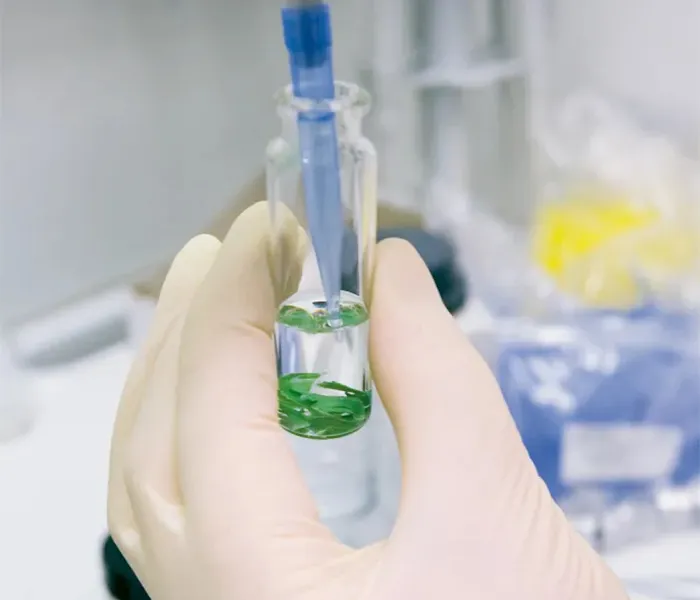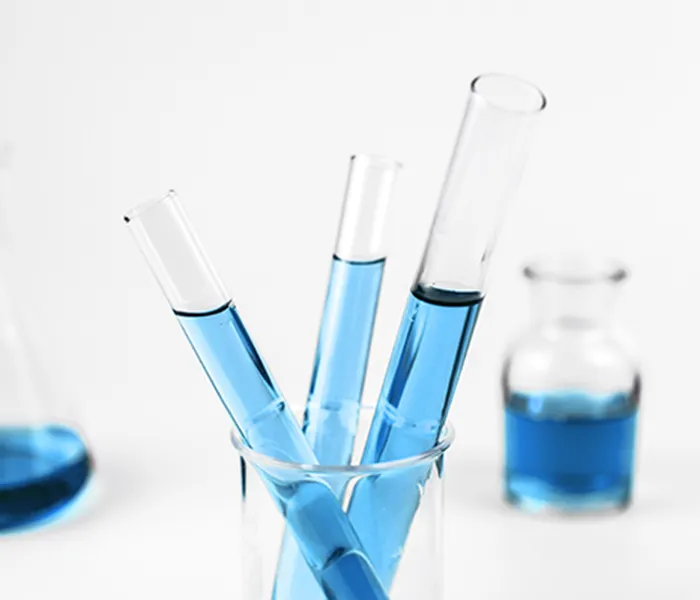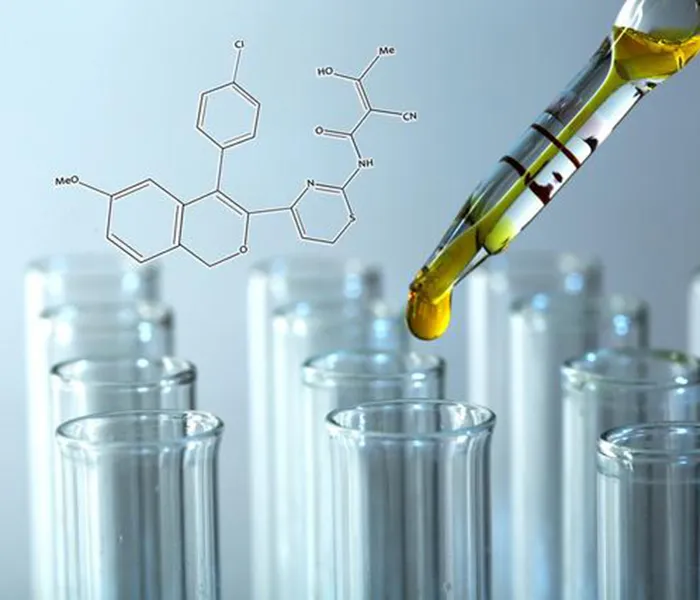In the competitive automotive industry, ensuring vehicles have durable and attractive finishes is essential. Organic silanes have emerged as a transformative ingredient in automotive coatings, providing significant enhancements in weather resistance, scratch resistance, and UV protection, while also improving the overall appearance of vehicles. This article explores how organic functional silanes are revolutionizing automotive coatings and their numerous benefits for manufacturers and consumers alike.
What Are Organic Silanes?
Organic silanes are compounds that contain silicon and organic groups, which enable them to form strong chemical bonds with various substrates. In automotive coatings, these silanes enhance the performance and longevity of the protective layer applied to vehicles, ensuring they withstand the rigors of daily use and environmental challenges.
- Weather Resistance
One of the primary advantages of incorporating organic silanes into automotive coatings is their exceptional weather resistance. Vehicles are constantly subjected to harsh environmental conditions—rain, humidity, temperature fluctuations, and exposure to pollutants. These elements can lead to corrosion, fading, and degradation of the coating over time.
Organic silanes form a hydrophobic barrier that repels moisture, reducing water infiltration and minimizing the risk of rust formation on metal surfaces. This weather-resistant property is crucial for maintaining the integrity of the vehicle, particularly in regions with extreme weather conditions. By ensuring that coatings remain intact and protective, organosilane coating materials significantly extend the lifespan of automotive finishes, reducing maintenance and repair costs for vehicle owners.
- Scratch Resistance
Scratches and abrasions are common issues faced by vehicle owners, often resulting from everyday activities such as parking, car washes, and handling. The incorporation of organic silanes in automotive coatings enhances their hardness and toughness, providing superior scratch resistance.
This improved durability allows coatings to withstand minor impacts and abrasions without chipping or peeling. For high-traffic areas of a vehicle, such as door edges and bumpers, this added protection is invaluable. By maintaining the coating’s integrity and appearance, organosilanes help preserve the vehicle’s value and reduce the frequency of touch-ups or repainting.
- UV Resistance
Ultraviolet (UV) radiation is another significant threat to automotive coatings. Prolonged exposure to sunlight can cause color fading, surface chalking, and degradation of the coating material itself. Organic silanes play a crucial role in enhancing UV resistance, creating a protective barrier that reflects harmful UV rays.
By minimizing the penetration of UV radiation, coatings fortified with silanes help maintain the vibrancy of the vehicle’s color and finish. This protection not only prolongs the lifespan of the coating but also enhances the vehicle’s resale value. Car owners benefit from a long-lasting, attractive finish that requires less frequent maintenance, making organosilanes a smart investment.
- Improvement of Automobile Appearance
Beyond their protective qualities, organic silanes significantly enhance the visual appeal of automotive coatings. The application of silanes results in a smooth, glossy finish that not only looks attractive but also improves the vehicle’s overall aesthetic. This glossy surface makes vehicles stand out and enhances their marketability.
Additionally, the hydrophobic properties of silane-enhanced coatings make cleaning easier. Dirt and grime are less likely to adhere to the surface, allowing for quicker and more efficient maintenance. The availability of various finishes—from matte to high gloss—also enables manufacturers to cater to a diverse range of consumer preferences, ensuring that automotive coatings meet both functional and aesthetic demands.
- Environmental Benefits
In addition to performance enhancements, organic silanes can contribute to more environmentally friendly automotive coatings. Many modern formulations focus on reducing volatile organic compounds (VOCs) and improving sustainability. Organic silanes facilitate the development of low-VOC formulations, aligning with global trends toward greener manufacturing processes.
By using silanes, manufacturers can produce coatings that are not only effective in protecting vehicles but also have a lower environmental impact, catering to eco-conscious consumers.
Conclusion
The application of organic silanes in automotive coatings provides a host of benefits that enhance vehicle durability and aesthetics. With superior weather resistance, scratch resistance, and UV protection, coatings fortified with organosilanes ensure that vehicles maintain their integrity and appearance over time.
As the automotive industry continues to evolve, the importance of advanced materials like organic silanes will only grow. For manufacturers, integrating organosilanes into coating formulations means delivering high-quality products that meet the demands of modern consumers. For vehicle owners, choosing cars with silane-enhanced coatings represents an investment in long-lasting beauty and durability. Ultimately, the use of organic silanes in automotive coatings is a game-changer that ensures vehicles look great and remain protected for years to come.





